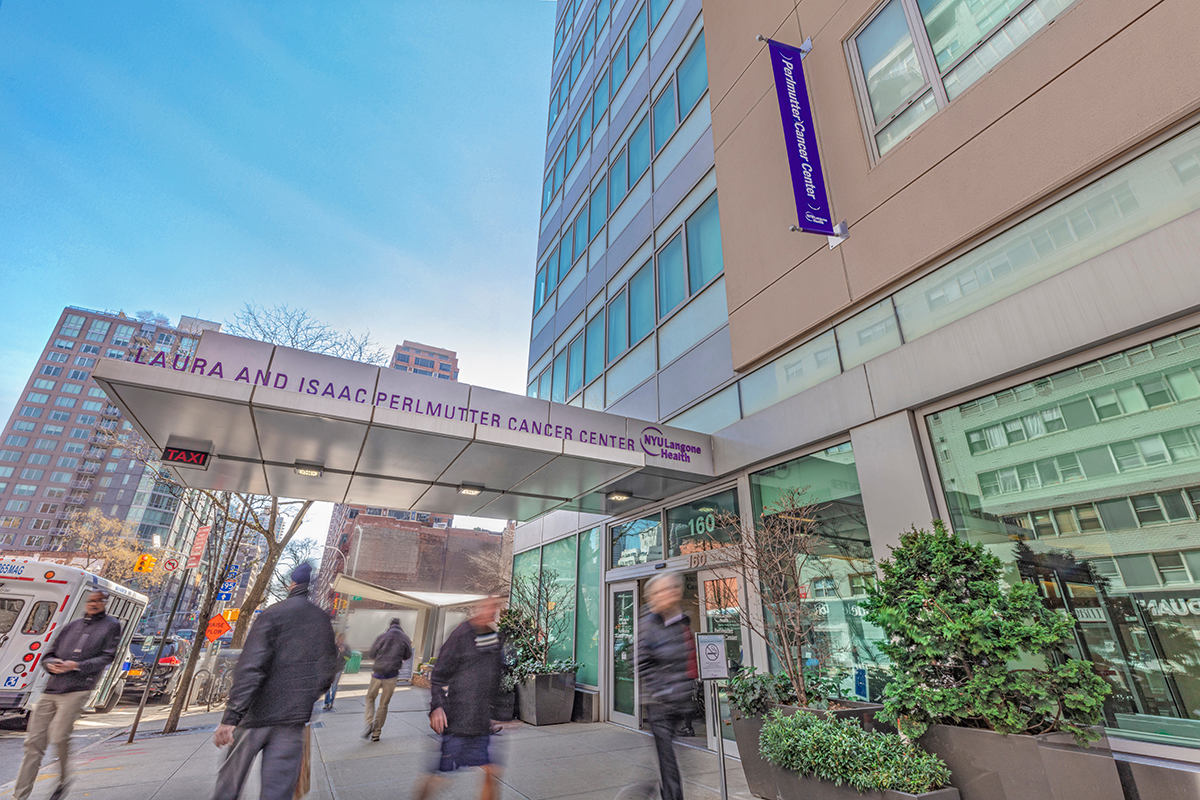
Institution Spotlight: Laura and Isaac Perlmutter Cancer Center at NYU Langone Health
February 25, 2021
Now Enrolling: EA3191 for Head and Neck Squamous Cell Carcinoma
February 25, 2021Trial Spotlight: Shaji Kumar on the EQUATE Study for Newly Diagnosed Multiple Myeloma

Effective Quadruplet Utilization after Treatment Evaluation (EQUATE): A Randomized Phase 3 Trial for Newly Diagnosed Multiple Myeloma not Intended for Early Autologous Transplantation

By Shaji K. Kumar, MD
The treatment approach for patients with newly diagnosed multiple myeloma (NDMM) has evolved considerably over the past several years with the introduction of new classes of drugs, including proteasome inhibitors, immunomodulatory drugs, and monoclonal antibodies. Based on phase III clinical trials, the three-drug combinations of lenalidomide and dexamethasone with either bortezomib (VRd) or daratumumab (DRd) have become standard initial therapy for patients with NDMM. The latter combination is especially utilized for patients considered ineligible for stem cell transplant (SCT) or not wishing to proceed to an early SCT.
Recent randomized trials have explored the option of combining all the drug classes to develop quadruplet regimens as initial therapy for NDMM, particularly in the setting of transplant-eligible patients. While the depth of response is clearly greater with the quadruplet regimens compared to the three-drug combinations, it is unclear at this time how much benefit the addition of the fourth drug has with respect to survival outcomes. It is also unclear if the benefit would apply to all patients or only to those not achieving a deep response with the three-drug regimens.
Given these important questions, which have implications for toxicity of therapy as well as the cost of care, this randomized trial is designed to determine if there is any benefit to adding a fourth drug to induction therapy in myeloma. It will also determine if that benefit is dependent upon the degree of response achieved during the initial therapy.
Patients with newly diagnosed, standard risk (RISS stages 1 and 2) multiple myeloma who have received no more than one cycle of initial treatment for their symptomatic myeloma and are not transplant-eligible (or wish to defer SCT to the time of relapse) can enroll in this clinical trial. Additionally, their baseline bone marrow sample must have an identifiable clone on next-generation sequencing (NGS) that can be followed for assessment of minimal residual disease (MRD) in the subsequent marrow.
Patients are monitored for toxicities throughout the study, the most common of which include gastrointestinal complaints and cytopenias. These have generally been manageable with supportive care and occasional adjustment of the dose of treatment. Peripheral neuropathy, a common complicating factor associated with the use of bortezomib, is not usually encountered with ixazomib although its incidence is being monitored throughout the treatment course. Patients with significant peripheral neuropathy are not permitted to enroll in the study.
Patients will receive nine cycles of induction therapy with a combination DRd after which they will undergo disease evaluation, including a bone marrow biopsy, with NGS-based MRD testing. Patients then will be randomized (stratified for MRD status) to either continue on the DRd combination as consolidation for an additional nine cycles or have bortezomib given subcutaneously, weekly, added to the DRd combination (V-DRd) for nine cycles of consolidation. At the end of 18 cycles of therapy (induction and consolidation), patients will continue on maintenance therapy with daratumumab and lenalidomide until disease progression, unacceptable toxicity, or patient preference.
Patients are allowed to collect stem cells for future SCT, if this is considered appropriate, any time after four cycles of therapy. The primary endpoint of the clinical trial is to compare the overall survival between the two different approaches. In addition, studies will explore the value of PET scan in this patient population as an additional response assessment parameter as well as its impact on prognosis. We will also study the impact of therapy on patient-reported outcomes, including health-related quality of life.
Learn more about the EQUATE trial at ecog-acrin.org
Dr. Kumar (Mayo Clinic) is the lead investigator for this trial.
![ECOG-ACRIN logo[19516]275×75](https://blog-ecog-acrin.org/wp-content/uploads/2021/03/ECOG-ACRIN-logo19516275x75.png)
